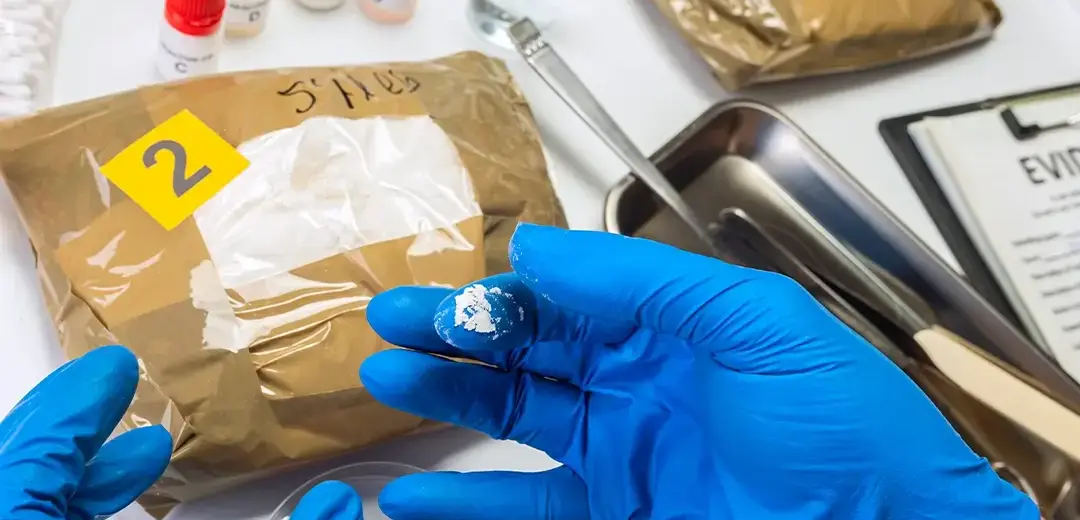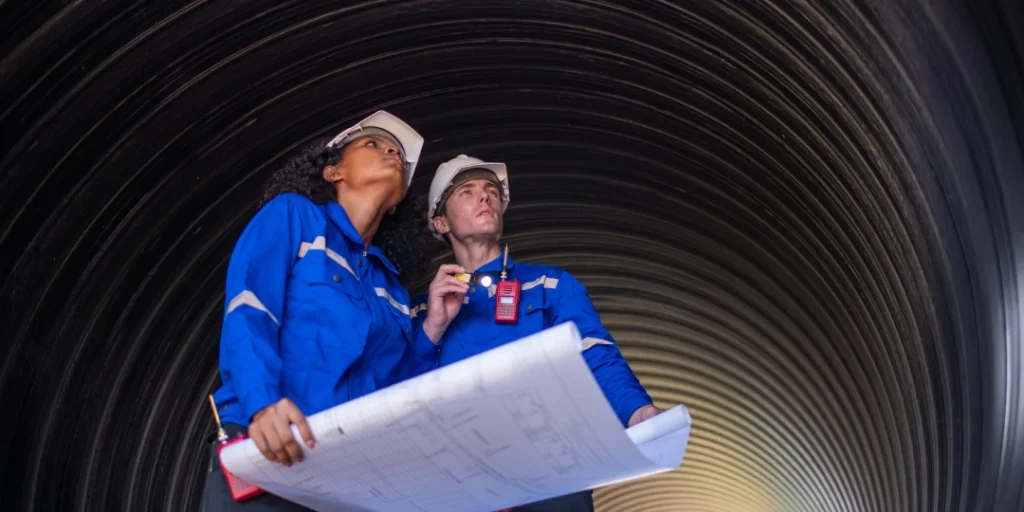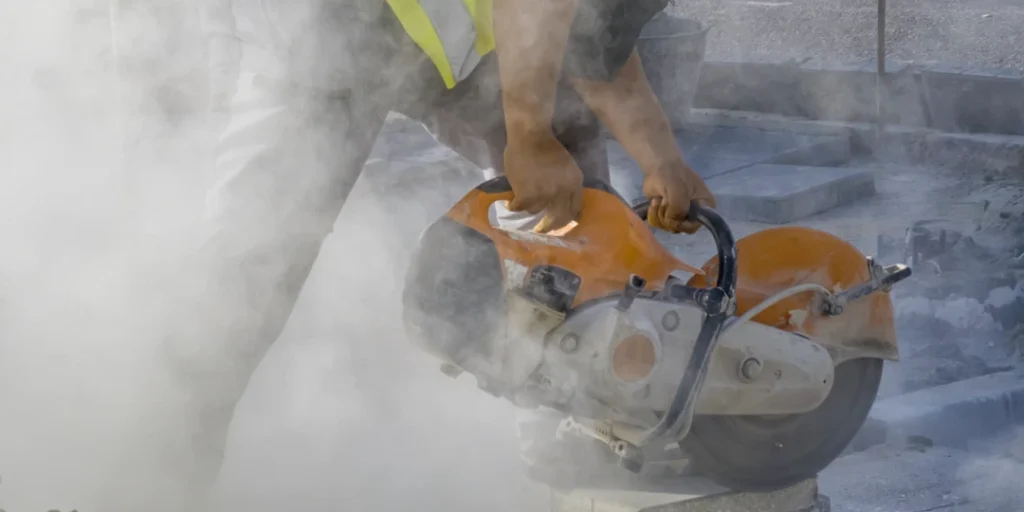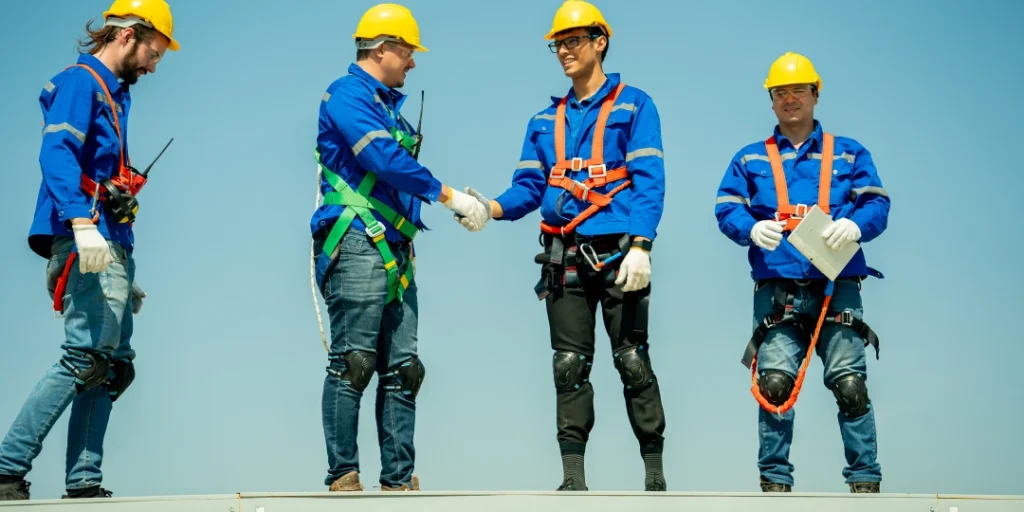Introduction: A Culture Built on Accountability
At Fortier Loss Control, the commitment to a drug-free workplace is foundational—not an afterthought or formality. In industries where risk management is core to day-to-day operations, a single lapse in focus can have significant consequences. A drug-free culture ensures that every individual, from leadership to field technicians, operates with full mental clarity and physical readiness. It creates an environment where accountability isn’t just expected; it’s shared and internalized across the board.
The presence of a drug-free policy directly influences how teams interact and make decisions. It reinforces a sense of mutual responsibility and heightens situational awareness. This isn’t about surveillance or mistrust—it’s about creating a predictable, professional rhythm to how work gets done. In a high-stakes field like loss control, unpredictability can lead to liability. A drug-free culture minimizes that risk, not by chance, but by clear design.
Nashville’s industrial sectors are growing rapidly, bringing with them new challenges in labor management and jobsite safety. Fortier Loss Control meets these challenges head-on by aligning its internal policies with client expectations and regulatory demands. The drug-free framework isn’t just for internal use—it sets a tone for how Fortier partners with businesses throughout the region. It sends a message: safety and professionalism are not optional—they are embedded values.
Reason 1: Enhancing Jobsite Safety and Performance
The nature of Fortier’s work means employees are often navigating environments that demand sharp reflexes, strong coordination, and clear communication. A drug-free policy underpins all of this. Whether it’s a confined space inspection or a multi-contractor coordination effort, any impairment can derail productivity and, more seriously, put lives at risk. Maintaining a drug-free workplace ensures that safety protocols aren’t just written—they’re followed with the attention and care they require.
Substance use—particularly while on duty—dulls judgment and increases the likelihood of operational mistakes. At Fortier, that’s simply not a risk worth taking. A drug-free culture guards against human error in some of the most critical job functions, from safety audits to hazard analysis. It keeps the cognitive load manageable and ensures every worker is present, alert, and capable of responding to dynamic site conditions. The margin for error is slim, and the expectations are high—rightfully so.
Performance isn’t just measured in output or hours logged. It’s measured in precision, consistency, and the absence of incident reports. A drug-free workforce allows Fortier to deliver on its promises to clients—quality assessments, detailed loss projections, and proactive safety interventions. By removing a major variable—substance impairment—the company ensures that every project runs with fewer interruptions, lower risk, and higher standards. That consistency is part of what keeps Fortier trusted across Nashville’s most safety-conscious industries.
Reason 2: Reducing Workplace Accidents and Liability
A drug-free workplace isn’t just a best practice—it’s a protective measure against preventable harm. At Fortier Loss Control, where teams assess and mitigate operational risks for clients, internal risk management starts in-house. When employees are substance-free, the likelihood of missteps, miscommunication, or physical mishandling of equipment decreases significantly. Each reduced accident isn’t just a win for safety—it’s a step toward financial stability and brand integrity.
Workplace accidents are costly on many fronts: medical claims, worker’s comp, equipment damage, and project delays. But there’s a deeper, often overlooked cost—reputational damage. Clients expect Fortier to lead by example, and a strong drug-free policy proves that commitment. It shows stakeholders that the company doesn’t just talk about safety; it invests in it at every level. By minimizing incidents, Fortier reduces legal exposure, keeps insurance premiums in check, and builds operational resilience.
Beyond dollars and data, there’s the human factor. Every avoided injury is someone’s father, mother, friend, or coworker going home safe. The drug-free commitment ensures that each member of the team is not only capable of doing their job, but of doing it without putting others at risk. That ethos shapes the day-to-day decision-making process. It creates a space where liability is not managed reactively but proactively kept at bay through sound judgment and sober execution.

Reason 3: Strengthening Team Morale and Cohesion
A solid drug-free foundation does more than reduce physical risk—it strengthens the psychological and social dynamics of a team. When employees know they’re working in an environment where expectations are clear and uniformly enforced, they’re more likely to feel secure and respected. That kind of consistency fosters camaraderie. Everyone understands they’re operating on the same terms, which builds mutual respect and trust.
Teams that rely on each other in high-pressure situations can’t afford unpredictability. Substance use introduces variables that can undermine reliability—showing up late, being distracted, or putting others in harm’s way. At Fortier, a drug-free policy eliminates that variable from the start. It sends a message: every role matters, every person is accountable, and no one is exempt from upholding the collective safety standard. This clarity supports a culture where teamwork isn’t optional—it’s ingrained.
When team cohesion is strong, productivity naturally follows. People communicate more clearly, share responsibilities more effectively, and are more likely to step up when challenges arise. A drug-free workplace plays a central role in maintaining that equilibrium. It prevents small issues from snowballing into larger conflicts and keeps the workplace environment focused, respectful, and mission-driven. This is especially important in Nashville’s fast-moving industrial sectors, where time, trust, and precision are always in high demand.
Reason 4: Supporting Employee Health and Long-Term Success
The drug-free philosophy at Fortier isn’t about control—it’s about care. Encouraging a substance-free environment is a way of investing in long-term employee health. Many workplace issues—fatigue, absenteeism, chronic stress—are amplified by substance use. By promoting sobriety, Fortier offers its people a better shot at sustained health, both physical and mental. It’s a preventative measure as much as a professional standard.
Healthier employees are more engaged, more present, and more likely to stay with the company over time. Fortier recognizes that true loyalty comes from mutual investment. That’s why the drug-free approach is paired with wellness resources, EAPs (Employee Assistance Programs), and open-door policies. The company doesn’t just expect compliance—it offers support. If someone is struggling, they’re not left to navigate it alone. The goal is rehabilitation, not punishment.
Substance misuse is often tied to deeper issues—stress, burnout, personal hardship. A workplace that’s genuinely drug-free doesn’t just ban substances; it creates the kind of environment where people are less likely to depend on them in the first place. Fortier’s approach acknowledges the whole person behind the employee badge. By supporting holistic wellness and offering proactive assistance, the company builds a workforce that’s not just fit for the job today, but positioned to thrive for years to come.
Reason 5: Upholding Fortier’s Reputation and Client Trust
A drug-free workplace is a direct reflection of a company’s values—and clients notice. In the safety and risk management space, reputation isn’t earned through flashy branding; it’s built through everyday decisions. Fortier Loss Control’s unwavering stance on maintaining a drug-free culture sends a clear message to clients: this is a company that practices what it preaches. It shows up prepared, focused, and consistent. That kind of reliability is what turns first-time clients into long-term partners.
In Nashville’s competitive market, businesses looking for loss control services want more than checklists—they want partners who are disciplined and credible. A drug-free policy helps Fortier stand apart by demonstrating internal alignment with the safety practices it recommends to others. It tells prospective clients that Fortier’s standards aren’t situational—they’re embedded. Every employee represents the brand, and every safe, sober job site reinforces the company’s reputation for excellence.
Trust isn’t built in a vacuum. It comes from transparency, consistency, and follow-through. Fortier’s clients rely on them for guidance in high-stakes environments, and a visible commitment to a drug-free workforce increases confidence that the company can deliver under pressure. This reputation doesn’t just benefit Fortier internally; it elevates its standing in the broader Nashville business community, making it a go-to name for companies that take workplace safety seriously.

The Role of Drug Testing in Risk Mitigation
While policies outline expectations, enforcement turns them into reality. At Fortier, drug testing isn’t treated as a punitive tool—it’s a strategic layer of risk mitigation. Consistent, fair, and clearly communicated testing protocols help maintain a drug-free environment across all levels of the company. Whether it’s pre-employment screening, random tests, or post-incident evaluations, testing serves as a safeguard that keeps operations predictable and transparent.
The decision to test isn’t taken lightly. It’s aligned with roles, responsibilities, and risk levels. For example, employees working in high-impact environments—where even minor lapses could result in serious harm—are subject to stricter testing thresholds. This isn’t about casting suspicion. It’s about acknowledging the demands of the job and ensuring that each person is capable of meeting them. A drug-free workforce needs clear mechanisms to uphold its standards, and testing is one of the most effective.
Risk mitigation at Fortier is a full-spectrum effort. Testing supports that by giving leadership clear data, preventing speculation, and allowing issues to be addressed before they escalate. More importantly, it creates an environment of fairness. Everyone knows what’s expected. Everyone is held to the same standard. A drug-free culture backed by consistent testing sends a strong message: safety is a shared responsibility, and no one is above it.
Compliance with Federal and Tennessee State Regulations
Staying compliant in today’s regulatory landscape is not optional—it’s operational. For Fortier Loss Control, a drug-free policy ensures alignment with both federal mandates and Tennessee state-specific laws. In sectors like transportation, manufacturing, and construction, where Department of Transportation (DOT) and OSHA regulations carry weight, compliance isn’t just a checkbox—it’s protection against lawsuits, shutdowns, and financial penalties.
Federal agencies have clear expectations when it comes to drug use, especially for workers in safety-sensitive positions. Fortier’s drug-free framework is built to meet or exceed those standards. Whether it’s administering federally mandated testing or documenting internal policy enforcement, every piece is designed to hold up under scrutiny. That means fewer audit surprises and more confidence from regulatory partners who review Fortier’s operations.
On the state level, Tennessee offers both guidance and legal accountability for maintaining drug-free workplaces. Fortier doesn’t just meet the baseline—it proactively tracks changes in state law, updates its practices, and trains staff accordingly. This forward-thinking approach means Fortier isn’t caught reacting to new rules—it’s often ahead of them. For clients, that foresight is valuable. It shows that the company they’re trusting with risk oversight takes its own compliance just as seriously.
Training and Education as Preventative Tools
A drug-free policy is only as effective as the understanding behind it. Fortier Loss Control goes beyond simple enforcement by investing in education that equips employees to make informed, responsible choices. Training isn’t just a one-time onboarding requirement—it’s a continuous process woven into the company’s safety culture. These sessions give team members the context and tools they need to recognize the real-world impact of substance use on both individual performance and collective outcomes.
Education at Fortier doesn’t rely on scare tactics or generic messaging. It’s tailored to the high-risk environments employees face, focusing on how substance impairment can quietly but critically affect reaction times, communication, and problem-solving under pressure. By addressing these risks head-on, Fortier strengthens the personal connection employees have to the company’s drug-free standard. It turns policy into principle. People aren’t just told what not to do—they’re shown why it matters.
The goal is to empower, not just inform. Fortier uses training to encourage open dialogue about stress, fatigue, and the pressures that can lead to substance use. By creating space for those conversations, the company destigmatizes the issue and increases the likelihood that employees will speak up or seek help if they’re struggling. A truly drug-free environment isn’t silent—it’s communicative. Through education, Fortier builds a culture of awareness that’s as proactive as it is protective.

Frequently Asked Questions
1. Why is a drug-free workplace so important in the loss control industry?
A drug-free workplace is critical in loss control because the work involves high-risk environments where precision, quick decision-making, and full awareness are essential. Impairment of any kind increases the likelihood of accidents, injuries, and costly liabilities. By maintaining a drug-free culture, companies like Fortier Loss Control protect not only their employees but also the clients and communities they serve.
2. How does Fortier support employees in maintaining a drug-free lifestyle?
Fortier takes a proactive and supportive approach. The company offers ongoing training, wellness resources, and access to employee assistance programs (EAPs). The focus is not just on enforcement but on helping team members thrive—both personally and professionally. This includes open communication about stress and mental health, along with clear, compassionate policies for those who may need help.
3. What role does drug testing play in Fortier’s workplace safety strategy?
Drug testing is used as a risk mitigation tool, not as a punitive measure. It helps ensure that employees in safety-sensitive roles are fit to perform their duties without putting themselves or others at risk. Fortier uses fair and job-relevant testing protocols that support its overall safety goals, reinforcing a culture where accountability and preparedness are non-negotiable.

Final Thoughts: Leading by Example in Loss Control
Being drug-free isn’t a slogan—it’s a discipline. Fortier Loss Control lives that discipline daily, not just in how it writes policies, but in how it trains, tests, and supports its workforce. In an industry where credibility hinges on practice over theory, Fortier stands apart by applying the same standards internally that it advises for its clients. That consistency builds trust and reinforces the company’s authority in the safety space.
Leadership in loss control means making tough decisions, often before others realize the need. Fortier’s proactive stance on drug-free operations is one of those decisions. It’s a clear stand in favor of health, clarity, and accountability. It tells every employee, client, and partner that this company values life over shortcuts and long-term safety over short-term gain. That kind of clarity doesn’t just reduce risk—it attracts people who share the same priorities.
As Nashville continues to expand, so does the demand for reliable, high-integrity partners in occupational safety. Fortier’s drug-free commitment positions it as not just a service provider, but a benchmark for what safe, sustainable workforce management should look like. The policies are in place, but more importantly, the culture is aligned. And in loss control, culture is what keeps systems working when plans are tested. Fortier gets that—and leads accordingly.



